RAJSHAHI,JUNE 01 (V7N) – Ahead of Eid-ul-Azha, Rajshahi's spice market is experiencing significant unrest, with prices of some key spices rising by Tk 30 to Tk 50 per kilogram within just one month. While sellers point to lingering effects of old price shocks despite slight import increases, buyers widely accuse traders of creating artificial crises to inflate prices before every Eid.
A recent market survey on Wednesday, May 28, in areas including Sahebbazar, Masterpara, and Hargram, revealed this trend. Although wholesale prices remain relatively stable due to ongoing imports, retail prices are considerably higher.
Cardamom, cumin, ginger, and garlic have seen the most notable price hikes. Cardamom, previously Tk 4,600 per kg a month ago, has now climbed to Tk 4,800, a Tk 20 increase per 100 grams. Cumin, which sold for Tk 550, is now Tk 600, with higher-quality cumin jumping from Tk 650 to Tk 700. Coriander prices, however, remain stable at Tk 142 per kg wholesale and Tk 190 retail. Ginger is now between Tk 65 and Tk 100 per kg, and garlic, depending on quality, ranges from Tk 120 to Tk 150, up from Tk 70. Conversely, prices for bay leaves, cinnamon, raisins, and nuts have largely remained stable, with some even seeing slight decreases.
Wholesale traders suggest that while their prices are steady, retailers may be stocking up in anticipation of increased demand and raising prices for extra profit. Abu Taher, a wholesale trader in Sahebbazar, explained that bulk purchases allow for lower prices, but retail prices factor in transportation, breakage, and storage, with some shopkeepers adding further markups. Abdur Rahman, a wholesale trader from Panchbibi Upazila, echoed this, stating that despite increased Eid demand, imports are consistent, so there's no reason for wholesale prices to rise. He attributed the problem to retailers' high-profit margins.
Retailers, on the other hand, claim they are still selling goods purchased at previously high prices and that smaller packaging, transportation, processing, and storage costs contribute to higher retail rates. Sohel Mia, a Saheb Bazar retailer, said they are selling goods at last month's prices, noting that cardamom and cumin are particularly expensive, and smaller quantities naturally incur higher prices. Monowar Hossain, another retailer, added that while hot spice demand is high before Eid and imports are adequate, it takes time for wholesale price drops to reflect in the retail market.
Consumers, however, express frustration, highlighting that this situation recurs every Eid. Shahnaz Parveen, a housewife, lamented, "When Eid comes, the price of everything increases. Income does not increase. When I go to the market, I feel like I am only coming to cheat." Anwar Hossain, a job seeker, pointed out that spice prices have almost doubled in the last year, rendering the current Tk 30-50 drop insignificant. Buyer Shaheen Alam questioned the discrepancy between stable wholesale and inflated retail prices, advocating for a limit on profit margins and a quicker reflection of wholesale price reductions in the retail market.
Bangladesh's spice market is heavily import-dependent, with approximately 80% of its spices coming from abroad. Therefore, global market prices, dollar value, and tariff structures significantly influence domestic prices. While some spices are produced locally, their output is insufficient to meet the overall demand.
Fazle Elahi, Assistant Director of the Rajshahi Division of the Consumer Rights Protection Department, assured that they are "regularly monitoring the market" to identify reasons for price increases and take necessary action against illegal price hikes. He also acknowledged the strong influence of the international market on spice prices due to import reliance, noting that the spice market has been "fairly stable in the last few months."
END/RAR/RH/



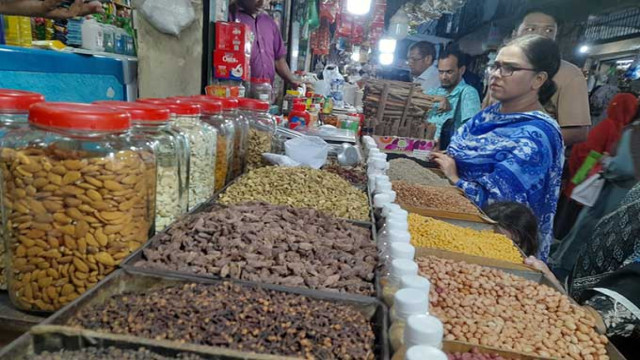





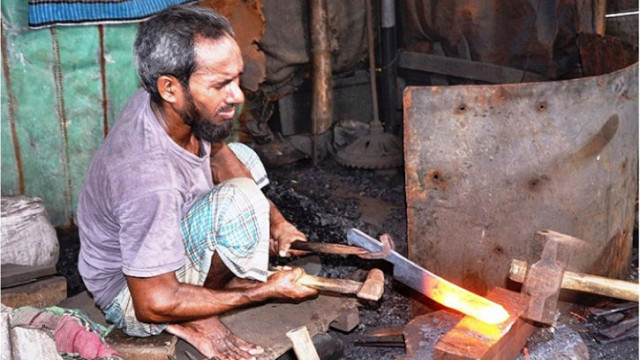



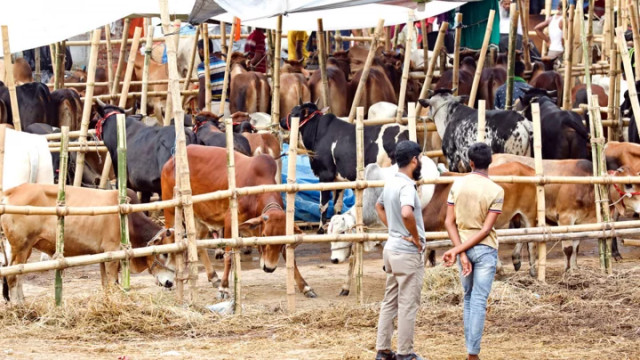
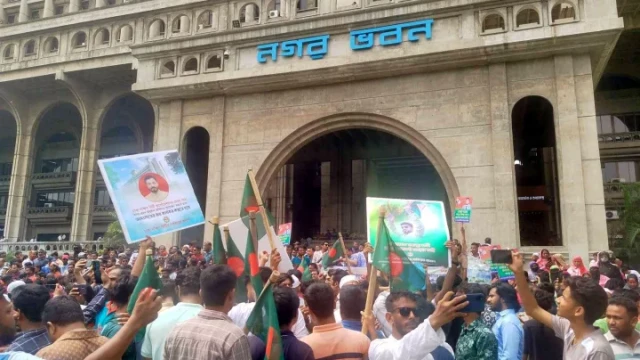






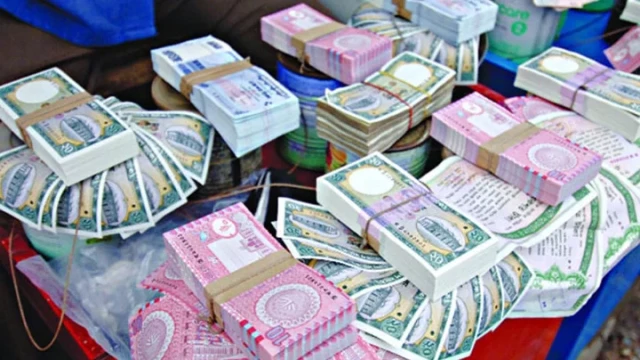









Comment: